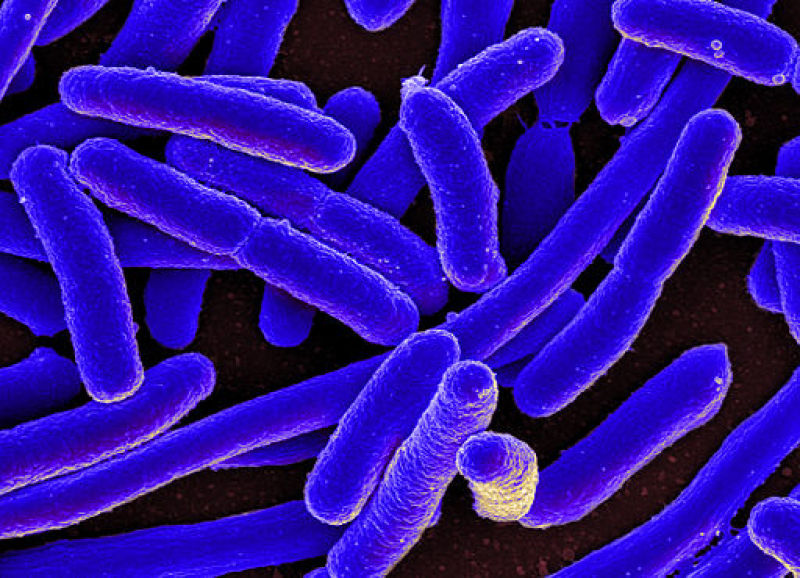
Researchers from the University of Oregon recently discovered that people leave traces of their own bacteria wherever they go.
According to the researchers, this new finding can even be used to determine the identity of people, just like fingerprints, the Chicago Tribune reported.
The scientific community is already aware that people carry and spread microorganisms such as viruses, bacteria and fungi in their bodies. These microorganisms, known as microbiomes, are previously known to spread through touch.
However, in a recent study, a team of researchers were able to confirm that people actually emit these microbiomes from their skin in the form of clouds.
For the study, they asked 11 volunteers to stay inside a sealed chamber. After four hours, the participants left the room and the researchers analyzed the air inside it.
Based on the DNA collected from the airborne microbiomes, the researchers were able to determine where a certain individual stayed inside the chamber. They are also able to identify the gender of the microbiome's owner, NPR reported.
"Bacterial clouds from the occupants were statistically distinct, allowing the identification of some individual occupants," the researchers wrote in the abstract of the study. "Our results confirm that an occupied space is microbially distinct from an unoccupied one, and demonstrate the first time that individuals release their own personalized microbial cloud."
According to the researchers, the findings of the study can be applied in various real-world scenarios.
For one, it can greatly help the medical and scientific communities in analyzing how dangerous diseases spread through the air. In addition, they'll also be able to determine which individuals are carrying dangerous pathogens through their personal clouds of microbiomes.
But aside from this, this concept will also benefit law enforcement agencies. Since the microbiomes are like fingerprints, detectives and police officers will be able to identify the individuals who were at a scene of a crime. This could then lead them to the identities of criminals and even witnesses.
"There are a lot of reasons why we might want to know if some nefarious character's been in a certain room in the last few hours," James Meadow, lead author of the study and a microbial ecologist from the University of Oregon said in a statement according to NPR.
"Maybe there's a way to use microbes for that," he added.
The findings of Meadows' team were detailed in a report published on September 22 in the academic journal PeerJ.

















